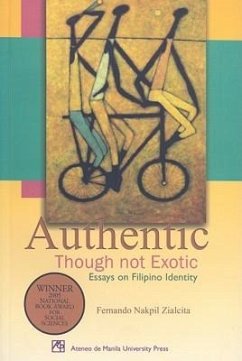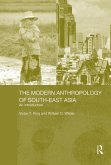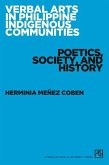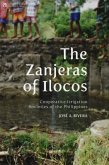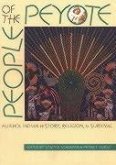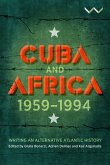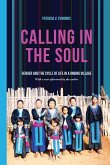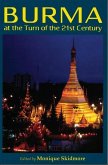This collection of essays offers another way to look at the encounter between the Western and the indigenous. It suggests that through a dialectical process, this encounter has generated a broader sense of community that has transcended the kin. Local genius transformed Spanish influences, even as it was itself transformed by the latter, resulting in a new culture. Finally, "Southeast Asia" is a recent construct that should be redefined to reflect the diversity of cultures present in it.
Hinweis: Dieser Artikel kann nur an eine deutsche Lieferadresse ausgeliefert werden.
Hinweis: Dieser Artikel kann nur an eine deutsche Lieferadresse ausgeliefert werden.

